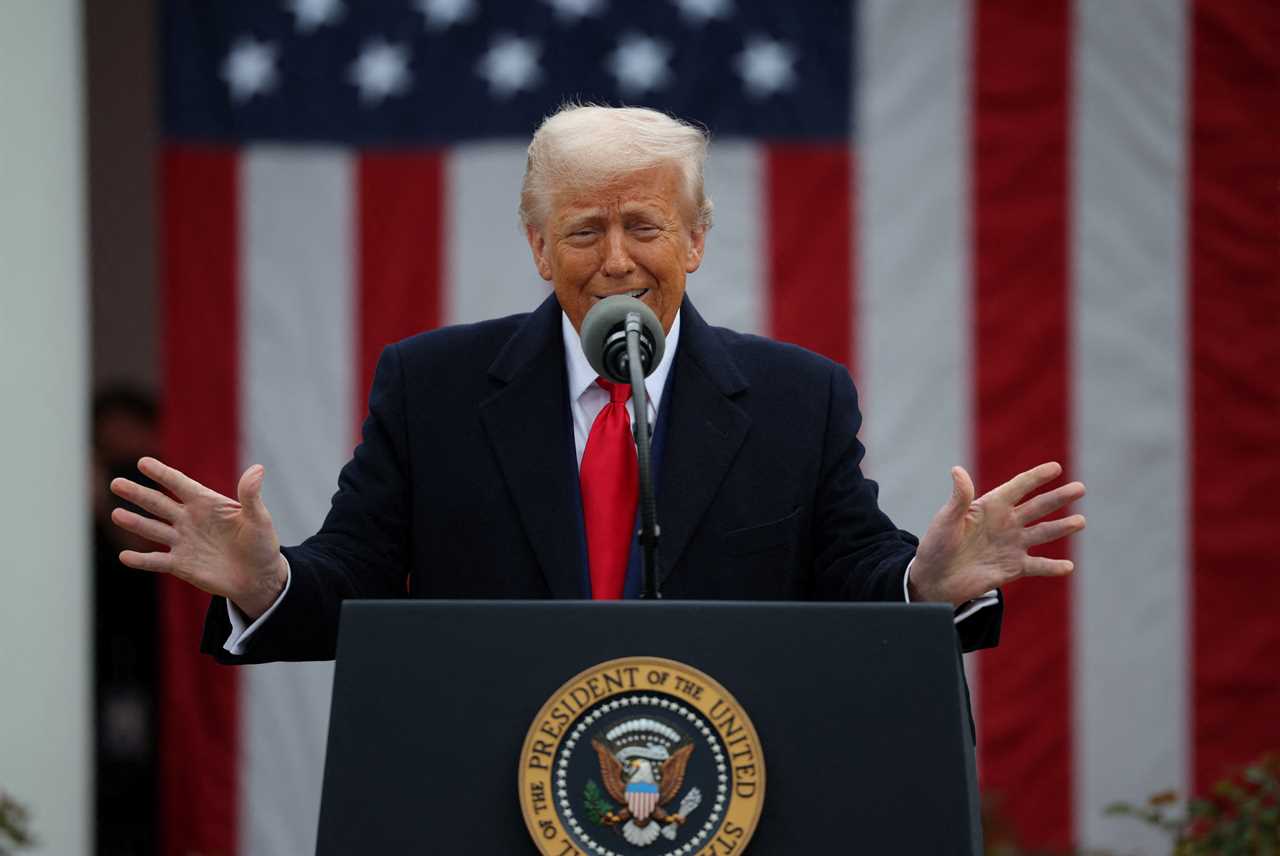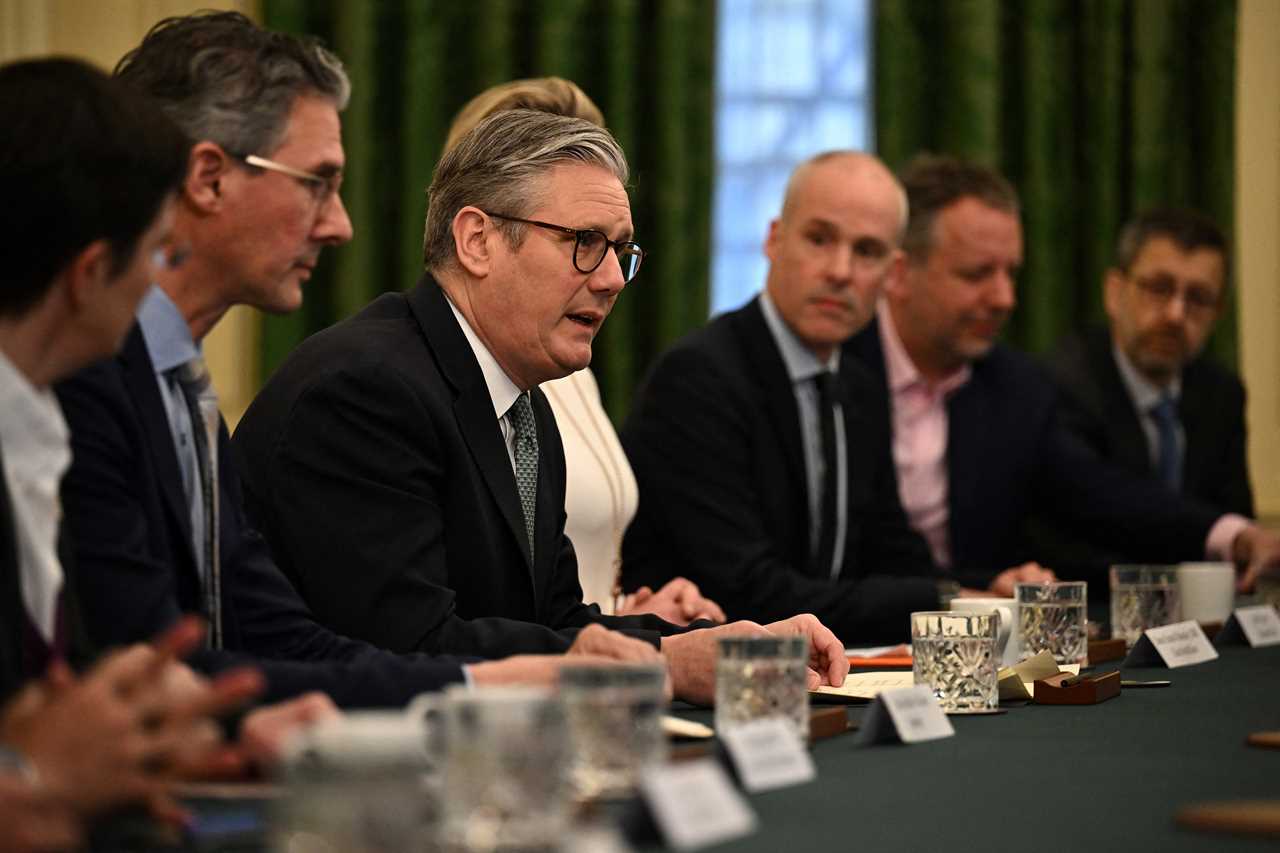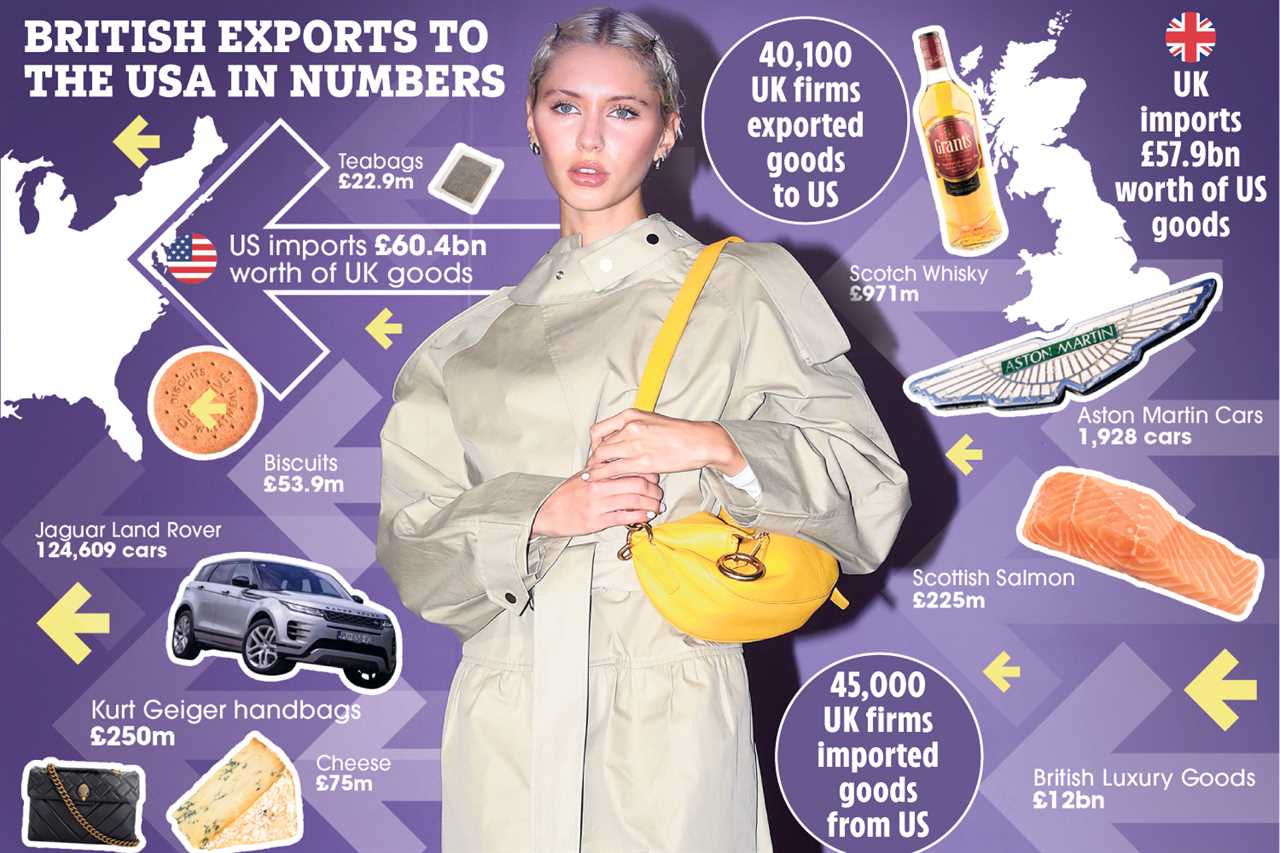
Jesus Christ. I was supposed to be asleep when Trump dropped his tariff nuke last night, but my phone wouldn't shut up with alerts. There I was at 2am, squinting at my screen like an idiot, watching the orange man gleefully announce what he called "Liberation Day" while waving a placard in the wind that might as well have been our economic death warrant.
Let me be brutally honest - this is bad. Really bad.
I spent teh morning talking to three different economists who all had that same "oh shit" look on their faces. One literally texted me: "We're proper fucked now." Not exactly the technical analysis I was hoping for, but accurate nonetheless.
So What the Hell Just Happened to Us?
Britain got slapped with a 10% baseline tariff on everything we ship to America. Everything. That's £60.4 billion worth of exports suddenly costing Americans 10% more overnight.

And if you work in our already struggling car industry? Pour yourself a stiff drink. Trump added an extra 25% tariff on all foreign cars. That's a 35% total tax on British vehicles entering the US market.
I guess we should feel lucky? China got hammered with 34%, Vietnam with 46%, and even the EU is facing 20%. Small comfort when you're staring down thousands of job losses.
Tariffs for Dummies (Sorry, I Had To)
Look, tariffs aren't complicated. They're basically a tax paid when goods enter a country. That $40,000 Jaguar you're shipping to America? Slap another $10,000 on top thanks to the car tariff. That money goes straight to the US government, not to you.
Companies typically pass these costs directly to consumers. So either British companies eat the cost (destroying profits) or American consumers pay more (destroying demand). There's no winning move here.

Tariffs exist specifically to give domestic companies an advantage. Trump wants Americans buying American-made products, not our British stuff. Simple as that.
Trump's Obsession With His "Beautiful" Tariffs
Back in 2018, I interviewed a former White House economic advisor who told me Trump has a weird fixation on tariffs. "He thinks they're magic," the guy said. "We'd show him data proving they hurt American consumers and he'd just wave it away."
Trump believes - wrongly, according to virtually every economist alive - that tariffs will force companies to build factories in America and create jobs. Last night he literally accused other countries of "looting, raping and pillaging" America. Subtle, he is not.
The man genuinely believes these tariffs will "Make America Wealthy Again." God help us all.
Our Economy Is About to Get Punched in the Face
The Budget watchdog had already warned this could wipe out UK economic growth by 1% and obliterate the Chancellor's carefully crafted £9.9 billion headroom.
Translation? More tax hikes. More spending cuts. More misery.
The markets are freaking out. FTSE 100 down 1%, FTSE 250 down 0.82%. European markets tumbling even harder. Japan's Nikkei dropped nearly 3%.
Meanwhile, gold prices hit $3,100 an ounce. When investors stampede to gold, it's because they're terrified of what's coming.
Kiss Those Jobs Goodbye
The Institute For Public Policy Research thinks more than 25,000 jobs in our motor industry are at risk. That's actual people with mortgages and families who might be out of work soon.
We sent £7.6 billion worth of cars to America last year - 17% of our total car exports. What happens when those orders dry up?
Poor Keir. Barely in office and dealing with this shitstorm.
What This Means For Your Wallet
Pain.
Remember how prices went crazy after the pandemic screwed up supply chains? This is like that, but by design. Companies making products in heavily-tariffed countries like Vietnam and China will jack up prices to cover costs.
Analysts I spoke with yesterday think sports brands like Nike and Adidas will raise US prices by 20%. Their stocks are already in freefall.
There's a theory that some goods might get cheaper here as companies divert US-bound products to the UK instead. But that "diversionary trade" could end up flooding our market with cheap imports, destroying British companies that can't compete.
Is There Any Way Out of This Mess?
Our government is scrambling. I watched Business Secretary Jonathan Reynolds this morning looking like he hadn't slept in days, hinting at some package of measures to appease Trump. Word is they're considering tax breaks for US tech giants and deals on American food imports.
Trump made it clear these tariffs are just his opening position for negotiations. The only way to zero tariffs? Drop our own tariffs on US imports.
I spent $4K on a trip to Florida last summer and those oranges were damn good, but are they worth sacrificing our economy over? That's apparently the question we're facing now.
Welcome to the new world order. It's going to be a bumpy ride.
Frequently Asked Questions
How can I start saving for retirement?
To start saving for retirement, begin by establishing clear retirement goals and determining how much you need to save. Contribute to employer-sponsored retirement plans, such as a 401(k), and consider opening an Individual Retirement Account (IRA). Regular contributions and taking advantage of compounding interest can significantly boost your retirement savings over time.
What are the main functions of money?
The primary functions of money are as a medium of exchange, facilitating trade; a unit of account, which provides a standard measure of value; a store of value, allowing individuals to save and transfer purchasing power over time; and a standard of deferred payment, enabling credit transactions.
What are credit scores and why are they important?
Credit scores are numerical representations of an individual's creditworthiness, calculated based on credit history, payment behavior, and debt levels. They are important because they impact the ability to obtain loans, credit cards, and favorable interest rates, affecting overall financial health.
What is the definition of money?
Money is a medium of exchange that facilitates transactions for goods and services. It serves as a unit of account, a store of value, and a standard of deferred payment, allowing individuals to compare the value of diverse products and services.
What is the role of central banks in the economy?
Central banks manage a nation's currency, money supply, and interest rates. They implement monetary policy to control inflation, stabilize the currency, and foster economic growth. They also serve as lenders of last resort to the banking system during financial crises.
What are the different types of money?
The main types of money include commodity money, which is based on physical goods like gold or silver; fiat money, which is government-issued currency not backed by a physical commodity; and digital currency, which exists electronically and is often decentralized, such as cryptocurrencies.
How can I budget my money effectively?
To budget effectively, start by tracking your income and expenses to understand your spending habits. Set realistic financial goals, categorize your expenses, and allocate funds accordingly. Regularly review and adjust your budget to ensure it reflects your current financial situation and objectives.
Statistics
- According to a survey by the Financial Industry Regulatory Authority (FINRA), about 66% of Americans could not correctly answer four basic financial literacy questions.
- According to a Gallup poll, 56% of Americans report that their financial situation is better than it was a year ago.
- The average cost of raising a child in the U.S. is estimated to be around $233,610, according to the U.S. Department of Agriculture.
- According to the Bureau of Labor Statistics, the average American spends about $1,500 per year on coffee.
- A survey by the American Psychological Association found that 72% of Americans reported feeling stressed about money at some point in the past month.
- As of 2021, the average American household had approximately $8,400 in credit card debt, according to Experian.
- As of 2021, the average student loan debt for recent graduates was approximately $30,000, according to the Federal Reserve.
- As of 2021, the median household income in the U.S. was approximately $67,521, according to the U.S. Census Bureau.
External Links
How To
How To Create a Personal Budget That Works
Creating a personal budget involves several key steps. First, assess your income by totaling all sources of revenue, including salary, bonuses, and side hustles. Next, categorize your expenses into fixed (rent, utilities) and variable (groceries, entertainment). Track your spending for at least a month to gather accurate data. Once you have this information, allocate a specific amount for each category while ensuring your total expenses do not exceed your income. Remember to include savings as a line item in your budget. Review and adjust your budget regularly to reflect changes in income or expenses, which will help you stay on track financially.
 PoliticsRoyaltySoap OperaGamingMoneyPrivacy PolicyTerms And Conditions
PoliticsRoyaltySoap OperaGamingMoneyPrivacy PolicyTerms And Conditions
